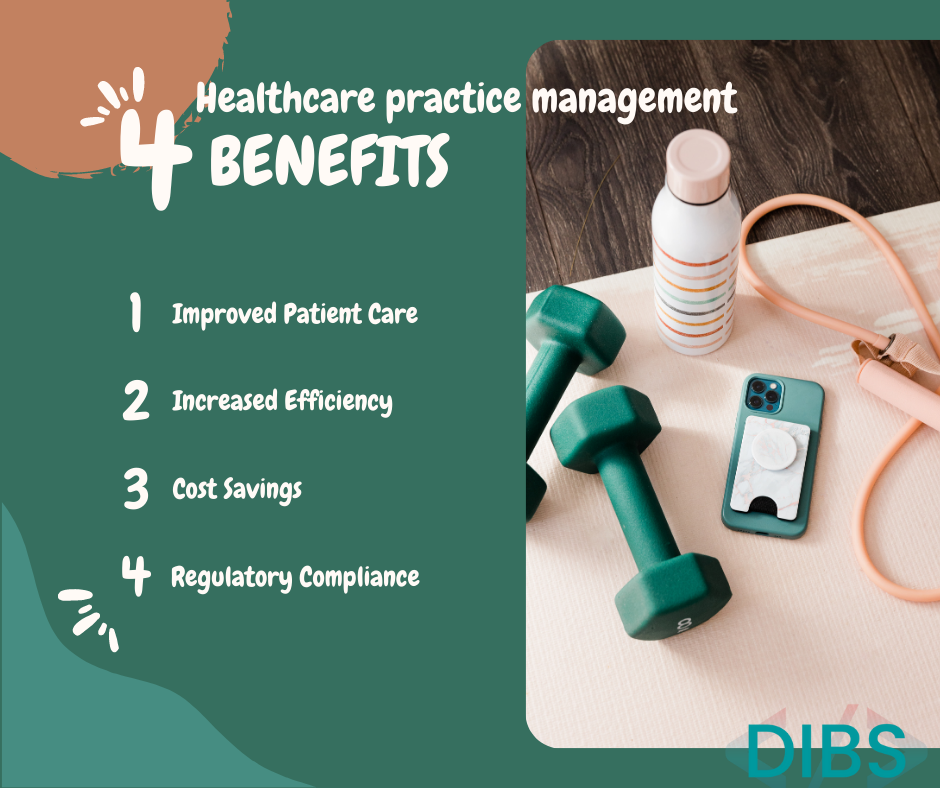Healthcare practice management is the process of managing healthcare facilities, staff, and operations to ensure that they operate efficiently and provide quality care to patients. In this blog, we will explore the benefits of healthcare practice management and its impact on the healthcare industry.
Benefits of healthcare practice management:
- Improved Patient Care: It can improve patient care by streamlining administrative tasks, reducing wait times, and ensuring that patients receive the care they need in a timely manner.
- Increased Efficiency: It can increase efficiency in healthcare facilities by automating administrative tasks, reducing manual data entry, and improving communication between healthcare providers.
- Cost Savings: It can reduce costs by streamlining workflows, reducing duplication of efforts, and improving resource utilization.
- Regulatory Compliance: It can ensure regulatory compliance by maintaining accurate records, monitoring compliance with regulations, and implementing policies and procedures to address compliance issues.

Impact of healthcare practice management on the healthcare industry:
- Improved Financial Performance: It can improve the financial performance of healthcare facilities by reducing costs, increasing revenue, and improving the billing and collections process.
- Better Patient Satisfaction: It can improve patient satisfaction by reducing wait times, improving communication between healthcare providers and patients, and ensuring that patients receive the care they need in a timely manner.
- Enhanced Staff Productivity: It can enhance staff productivity by automating administrative tasks, reducing manual data entry. It improves communication between healthcare providers.
- Improved Resource Allocation: It can help healthcare facilities allocate resources more effectively, ensuring that they have the staff, equipment, and supplies they need to provide quality care to patients.
Conclusion
In conclusion, healthcare practice management is critical to the success of the healthcare industry. By ensuring that healthcare facilities operate efficiently, provide quality care to patients, and comply with regulatory requirements. It can improve financial performance, enhance patient satisfaction, increase staff productivity, and improve resource allocation. Healthcare providers should invest in healthcare practice management to stay ahead of the curve. It provides the best possible care to their patients.
To help a healthcare provider improve their practice management, DIBS employs several strategies. Firstly, the implementation of electronic health records (EHRs) with the help of DIBS team can streamline administrative tasks, such as patient scheduling, billing, and record-keeping. This will reduce the amount of time spent on administrative tasks and free up more time for patient care. Additionally, staff training and education on best practices in practice management can improve efficiency, patient satisfaction, and staff morale. This can include implementing standardized protocols for patient care and communication, as well as regular performance evaluations and feedback. Healthcare providers can also consider partnering with DIBS to outsource non-core functions, such as billing or coding. It increases efficiency and reduce costs. Finally, ongoing assessment and analysis of key performance indicators, via visual representation in the form as charts and graphs created by a custom app, such as patient satisfaction rates, revenue, and staff productivity. It can provide valuable insights into areas for improvement and help healthcare providers make data-driven decisions.
Talk to our experts and find out more about the latest healthcare technologies and how DIBS team can implement the strategies to improve your practice management, reduce costs, and enhance patient care.







Leave a Comment